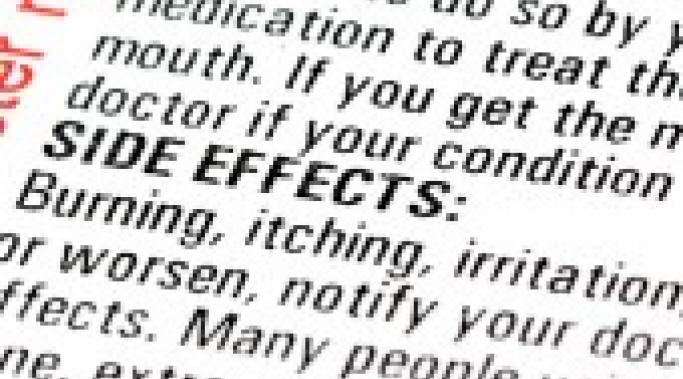I had a tough year. I typically have a lower mood once October kicks me in the ass, but this year was worse. I watched seven seasons of Lost in one month--granted I had never seen it before. But still! I even went as far as to abandon writing this blog. I was not thinking clearly. Writing this blog is an important part of my life.
As usual, you are probably wondering where I am going again. Yes, the woman who wrote a memoir on mental illness and addiction should perhaps stop talking about her own misery. But this morning--back on my feet again--I remembered that time and the words "solitary confinement" came to mind.
Embracing Mental Health Recovery
I know. I know. You might be thinking, "Is she serious? I did not lose my entire memory!" Yes, I am serious and I will work to explain why.
Let me preface this post by telling you that when you live with a mental illness you know why it's so hard. It can feel impossible. But have you ever sat down and really thought about it? Thinking about things, writing them down, can allow us to make sense of something that is often complicated and hard to understand.
I came up with this topic when I was in a state of serious depression--less than a month ago. I was certain I would never become well. Those of you who live with a mental illness understand this on a very deep and personal level.
While I was glued to the couch I started thinking about how much time I spend exhausted--some days less and some more. Mental exhaustion and physical (or both) can define a large part of our lives.
Without further explanation (coffee in hand) let's explore this topic.
When I think of the word 'help,' I think about how hard it is to ask for and accept help. It is usually the most difficult when we are first diagnosed with a mental illness. Unfortunately, that's when those who live with mental illness need help the most. This blog will explore why asking for help can be so hard and the steps we can take to make the process easier.
A blog, from me, that is actually a bit positive in its desire to promote mental health? Well, yes, this is. If you read enough of my blogs (say two or three) you probably gather that I mix in a healthy amount of sarcasm--alongside with the recovering from mental illness bit. If you read this blog often enough it's clear I've had a rough time the past few months. Honestly, it feels like years and maybe it has been, but this fall and winter hit me hard. I'm sort of back on my feet again--albeit tottering--and so this blog is less sarcastic than most. Perhaps it is even verging on positive?
When you are diagnosed with a mental illness--chronic or not--feelings of resentment are normal. They are even healthy, in small or medium doses, depending on your frame of mind.
Its 6:59 on Thursday morning. I've been drinking coffee and procrastinating online for an hour; the radio is always on and I don't usually hear it. I just like background noise. That's the hyperactive part of me. More than one thing always needs to be happening. It's pretty irritating.
Mental illness and self-confidence are intricately connected, before and after a mental illness diagnosis. Self-confidence is a tricky thing to define, and even more so when connected to mental illness, but it's important so let's give it a shot.
Mental Illness and relapse go hand in hand. Sort of like addiction and relapse. The statistics for both are rather dire: relapse, at some point in our recovery, often occurs. Having said that, there are some damn lucky folks who become stabilized and never become unstable again. I hope they recognize how lucky--how blessed--they are.
But in this post we are not talking about those who live a life of sustained recovery. We are focusing on those of us who falter from time to time--falter and pick ourselves back up. The majority of us.









